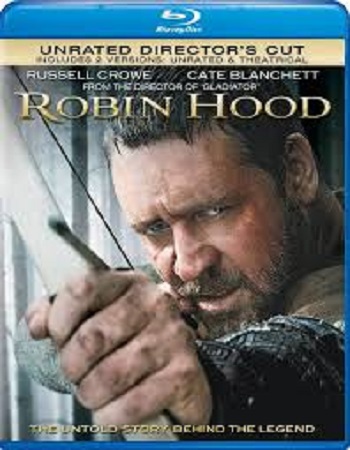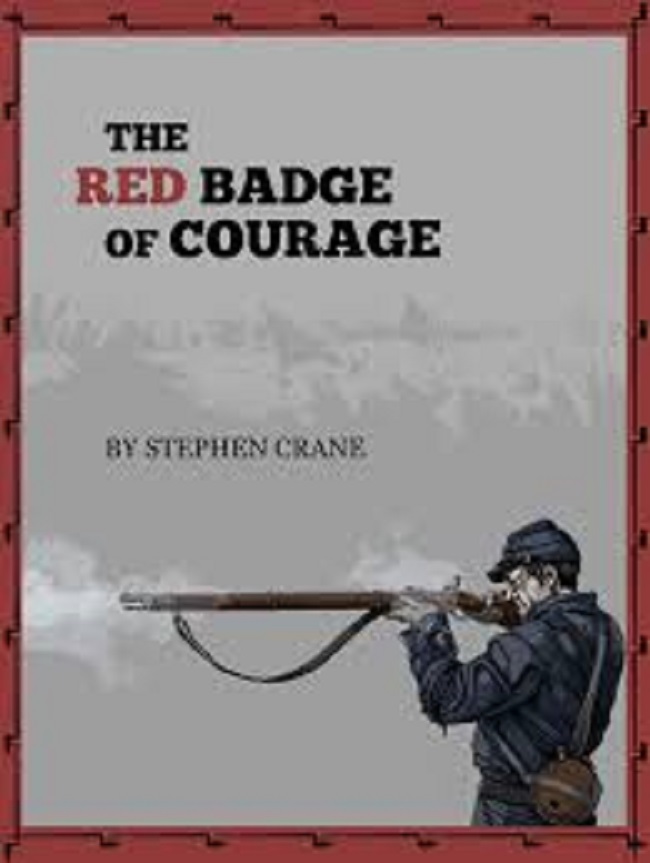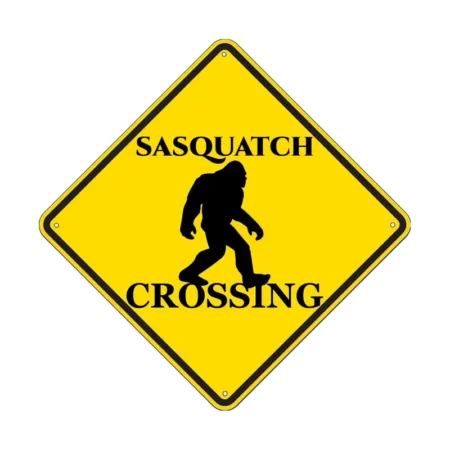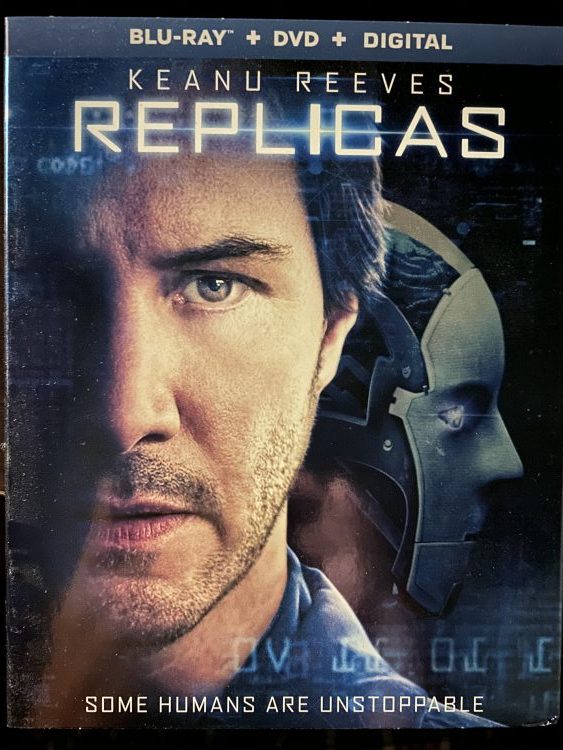The Great War
The history of America is decorated with some of the great conflicts that have ever been fought by civilizations and for great ideals. This was never truer than in World War II which was sometimes called the Great War. As is so often the case, it was not a war that America wanted to become part of. So often, it is when aggressors bring war to America that she is forced to respond. But in all cases when America responds, it is with a fury that her enemies will seldom forget.
When you think about it, the very idea of a world war is terribly frightening. And in every way, World War II was a world war because it caught up virtually every country and every continent in a global conflict that went on for years. The enemies of America and her allies were well armed, intelligent, determined and powerful. But America was up to the challenge and it will be up to the challenge again if the likes of Hitler dare to threaten civilization like this again.
World War II was also virtually a textbook case of flawless collaboration with our allies. Working together with them almost like we were one country and one army we deployed our forces across multiple theaters of combat from Europe to Asia to Russia and across the globe. We had to fight more than one enemy. Hitler’s Germany alone was a frightening enemy as it spread its evil influence across Europe capturing country after country and threatening to swallow up the continent whole and then move on to capture lands in central Asia and even America.
But we also had powerful enemies in German’s allies, particularly Japan. When this frightening enemy struck our forces at Pearle Harbor, it was a blow to America that could not be ignored. For Japan, they had hoped to cripple the American military and remove all hope from the American heart to be able to strike back or become part of the conflict. They got exactly the opposite as every man, woman and child in America rallied to build the kind of war machine that would bring the Axis powers to a crashing end, no matter what the cost.
But the most important thing that America said to the world when it took on Hitler’s armies and defeated them was that totalitarian rule of free peoples would never be tolerated. Hitler had dreams of world domination like the great kings of ancient Rome of the early Germanic empires. But America had thrown off dictators when we founded this country and declared that we would not become the pawn of kings or tyrants. We were not going to turn over that hard fought freedom to a madman while there was a fighting will left in this country.
It was not an easy battle or one without cost. Thousands of America’s youth gave their lives to preserve the freedoms that had been won by our forefathers. Our leaders had to show a resolve and a unity that they would not blink in the face of a challenge and they would not let down the brave American soldier or the civilian population that stood behind them until Hitler and his allies were in defeat.
The world saw what America was made of in that great conflict. It saw that a country that was gifted with great wealth and prosperity was also willing to turn those resources to defend its borders and defend its allies. It was a stern lesson for our enemies to learn that America was not a country to be trifled with in combat. But then we showed that we were not a vindictive country when, even in defeat, we reached out to Japan, Germany and other defeated peoples and helped them rebuild from that awful war. This too is a testimony to the American sprit and the American sense of fair play. Let’s hope that an enemy never rises up again to test that will because they will find as Hitler did, that America would not fail to respond to the call to battle or the call to honor which is her legacy.
























